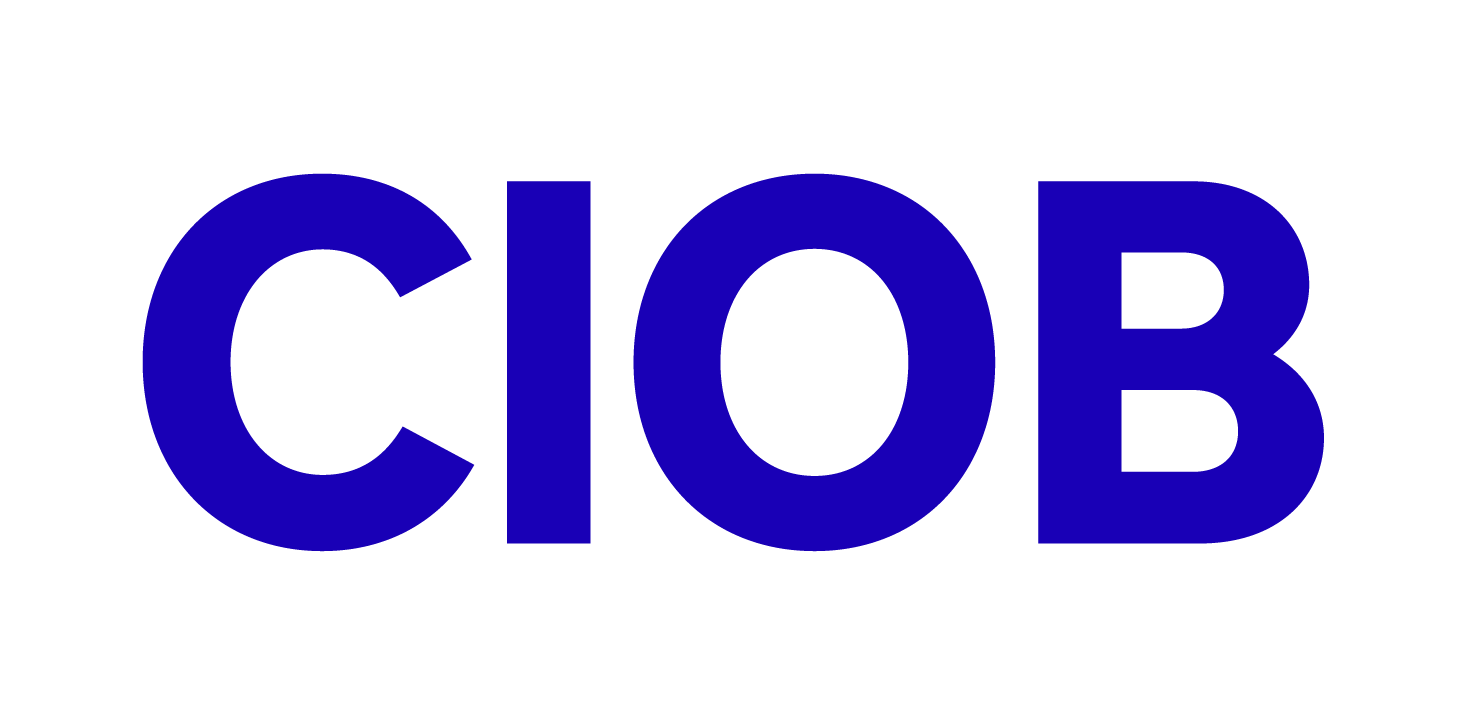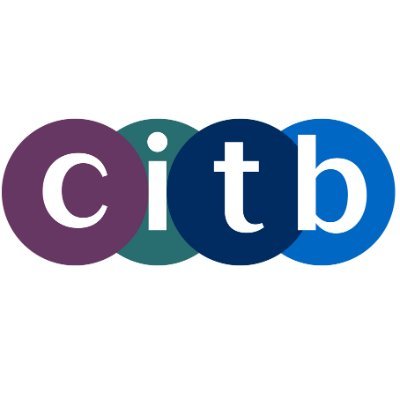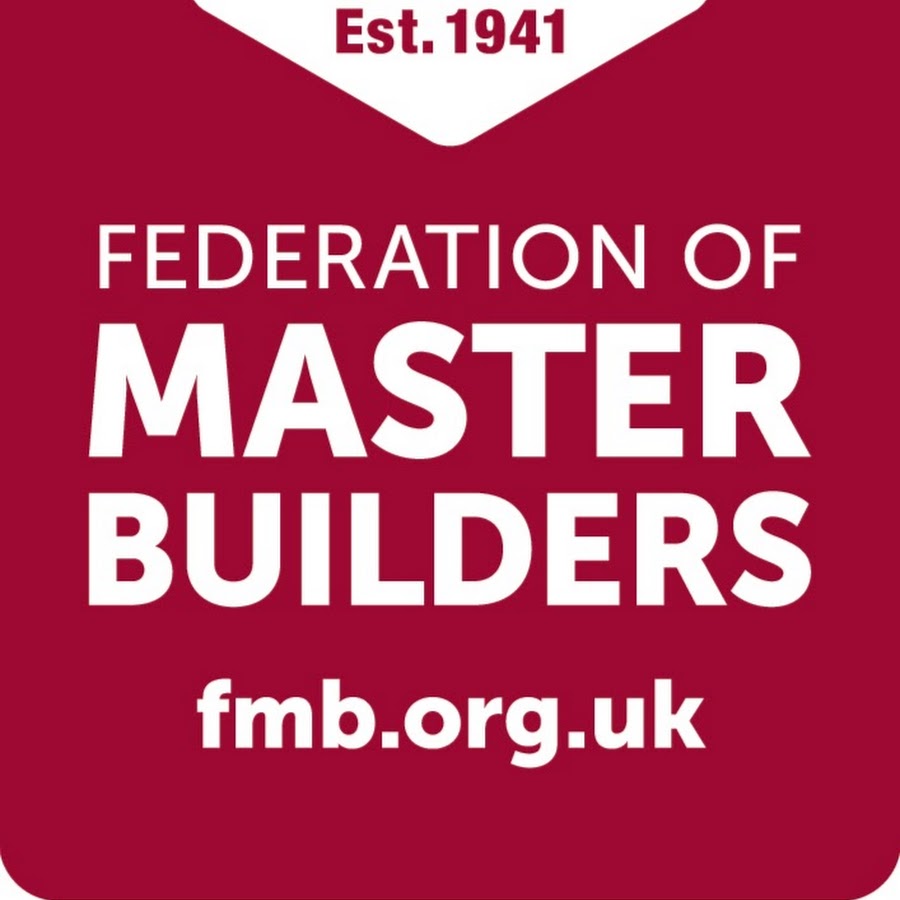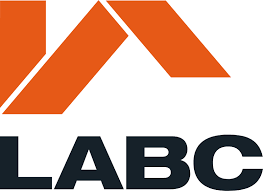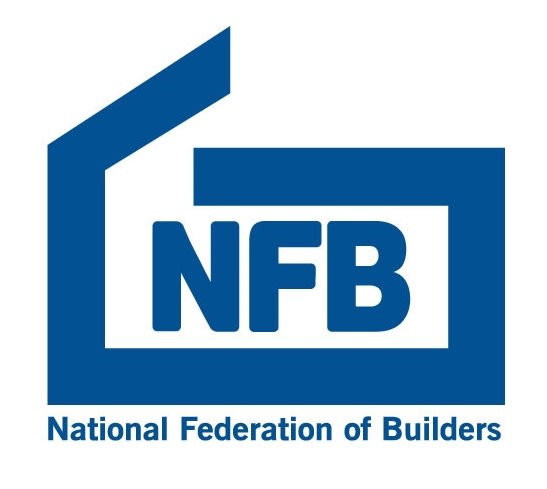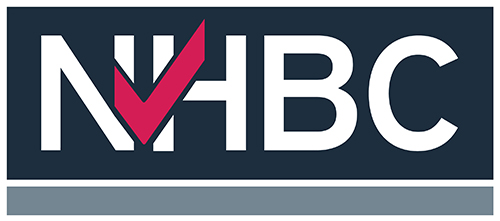We were delighted to award Steve Green (MCIOB CQP MCQI MaPM) the Achiever of the Year award this year at The CE West Midlands Awards on the 1st June.
Steve works with the National Frameworks Team at Bowmer and Kirkland, with over 45 years in construction. Having worked for both International and Regional Contractors in Commercial, Design Management, Procurement and Business Improvement roles, Steve has a wealth of construction experience from a multitude of perspectives.
Steve’s journey with CE started in early 2002 whilst working at Thomas Vale Construction , where Tony Hyde was always a staunch supporter of CE and the collaborative working philosophy. TVC sponsored Steve’s diploma in collaboration and integration in construction, where Steve was awarded the CIOB certificate of excellence for the most outstanding performance on the course.
Steve initially represented TVC on the Herford and Worcester Constructing Excellence (HAWCE) committee where he remains an active member today. Then when Andrew Carpenter was brought in to revitalise CE Midlands, it was at the launch dinner in 2018 that Steve suggested that there was a need for a Quality and Compliance thought leadership group. This was driven by the findings of the earlier Edinburgh Schools Inquiry and the more recent Grenfell Tower tragedy. This was established the following year chaired by Steve and continued to until 2022, when it transitioned into the Building Safety Group to raise awareness and share best practice in support of the Building Safety Act. Recently, following his semiretirement Steve has handed the chair over to Richard Cymler of Ball & Berry
Alongside his CE commitments Steve sits on several working groups including the Technology and Error Metric groups for the Get It Right Initiatives (GIRI) and the Evaluating Quality group for CQI Consig. Having undertaken the GIRI Train the Trainer programme, he has a clear understanding of the root cause of error and where technology can help. Within CE Midlands Steve also authored their Guide to the Adoption of Digital Quality Tools in Construction, to help support those looking to adopt digital quality tools for the first time.
Steve is also one of the course tutors on the CE Midlands Diploma in Collaboration in Construction, delivering the Quality & Compliance module. Steve is passionate about connecting up the dots, both within and across businesses, to deliver a collaborative approach to quality to enhance the industries reputation and drive efficiencies
I was lucky enough to attend Digital Construction Week this year. It is a show that has grown in size and maturity since my last visit pre-covid, when I might have characterized it as a series of solutions looking for problems to solve.
Today it is a busy show of vendors offering exciting products to solve problems where the focus is on value and return on investment. A number of things struck me:
– The diversity of services offered and the recognition these had to provide value to the ultimate customer.
– The emphasis on collaboration and the recognition that working together will achieve much more much quicker.
– The number of women, both presenting and attending.
– Large companies championing innovative start-up companies who are working within their teams to help drive cultural change.
– An embedded and implicit recognition that technology must support a net-zero journey
– A focus on people, and not technology.
The is all good news as it provides all our businesses in the Midlands with opportunities to improve our client services, whether that is reducing project risk, providing broader services or increasing productivity. The challenge is that construction technology is moving so quickly that there is a very real danger that companies that do not invest, or seek to collaborate with those who are, may be left behind. The key is to understand the value you can provide, where it sits in your ultimate client’s value chain and how you can best enhance, broaden or deepen your value. From the evidence at Digital Construction Week, technology can and probably will play a huge role.
My final plea to members is to invest in Cyber Essentials Plus. Regardless of how big or small your business this is fast becoming an essential standard to achieve if you want a part in any construction supply chain. This is a Board issue and Boards must review the risks to their companies. Cyber Essential Plus will not make you invincible, but it will reduce the risk to you, your customers’ and your suppliers’ of a cyber-attack.
This month Martyn Jones challenges us to be “curiouser” and “curiouser”. To channel the relentless curiosity of our four-year-old selves – now often buried deep within us – to ask those never-ending “Why?” questions. And “How?”, “What?”, “When?”, “Where”, and “Who?” too.
To be curiouser and curiouser about why so many of us still stick to the traditional operating system and price competitive tendering? Why are we commissioning buildings now that will require retrofitting within ten years? Or, why in a recent LeadersMeets survey, we scored our level of trust at just 5/10.
We need to be more curious about the future of our cities and towns, and how we design and build them so that they are more liveable, quieter, safer, healthier, more friendly, walkable, bikeable, and greener. Curiouser and curiouser about the nature of the materials and processes we use to create the built environment. And about our strengths and the areas for change and improvement.
And more curious still about our future and the opportunities and challenges presented by the new Digital paradigm, and whether its effect on us will be more impactful and more beneficial than any of the previous five paradigm shifts.
Is there a business case for curiosity? Well, most of the breakthrough discoveries and remarkable inventions and innovations throughout history – from flints for starting a fire to self-driving cars – have something in common, they are the result of curiosity.
When our curiosity is triggered, we think more deeply and rationally about decisions and come up with more-creative solutions. It helps us to read and adapt to uncertain market and wider conditions and seek out opportunities.
And some observers reckon it leads to more learning and hence more innovative, more adaptable, and higher-performing organisations. With heightened curiosity organisations are more likely to perform better as they share information more openly and listen more carefully. They can work together more effectively and seamlessly, conflicts are more creative than heated, leading to better results.
Curiosity encourages us to put ourselves in other peoples’ shoes and take an interest in the ideas of others rather than focus only on our own perspectives. The empathy generated, which is closely related to curiosity, inspires more-trusting relationships, integration, and collaboration.
And here’s another benefit: Curiosity generates alternatives and we are less likely to fall prey both to confirmation bias (looking for information that supports our beliefs rather than for evidence suggesting we are wrong), and the stereotyping of people and roles.
How then can we become more curious? First, by stopping crushing curiosity and actively shift to promoting it. Here are some suggested strategies that we can deploy.
We can hire for curiosity by recruiting “T-shaped” people: People, of course, with the deep skills that allow them to contribute to the creative process (the vertical stroke of the T) but also with a predisposition for collaboration across disciplines, a quality requiring empathy and curiosity (the horizontal stroke of the T).
Clients and their advisors can take a wider more innovative industry perspective by appointing more curious consultants, main and specialist contractors and suppliers. And leaders across our supply chains can model curiosity by being inquisitive themselves and by approaching issues with curiosity rather than expediency, habit, or tradition.
We can emphasize the importance of learning (developing competence, acquiring skills, changing behaviours, mastering new situations, and so on) by framing work around them rather than direct performance goals (such as focusing on lowest price and blaming others).
We can encourage people to explore and broaden their interests and foster their curiosity: Giving time and resources to tackling head on the reluctance of some leaders to invest in employee learning for fear that they will jump ship to a competitor taking their expensively acquired knowledge and skills with them.
And how about having “Why?” “What if…?” and “How might we…?” days at pivotal points in the design of buildings and production planning? Presenting opportunities. Including time, to ask “Why is this so?” to get to the heart of issues.
In most organisations, project teams and supply chains, we often receive the implicit message that asking such questions is an unwanted challenge to convention and authority, adding risk to already risky construction projects, and in doing so giving credence to the proverb that “curiosity killed the cat”.
Of course, there can be dangers in unnecessary investigation and experimentation, but maintaining a sense of curiosity is crucial to the fresh thinking and creativity that we now need, and the most effective leaders look for ways to nurture curiosity to unlock discovery, learning, and innovation.




